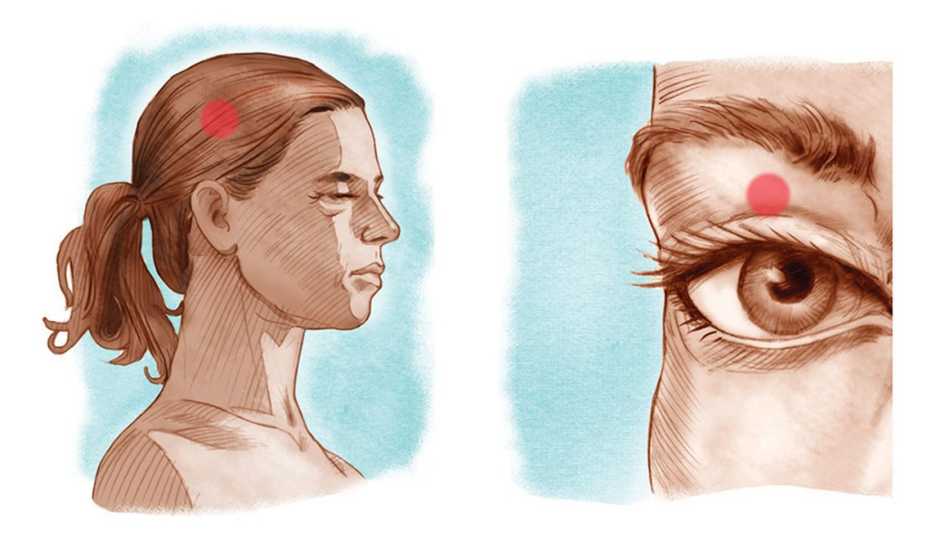Staying Fit
People who harbor high levels of chronic inflammation at midlife are more likely to experience memory loss and problems with thinking in subsequent decades, according to a new study in the journal Neurology — the first long-term look at the link between inflammatory blood markers and brain health.
To reach their conclusion, which points to why things such as diet and exercise might be important to Alzheimer's prevention, researchers used data from the Atherosclerosis Risk in Communities (ARIC) study at Johns Hopkins University, tracking more than 12,000 people with an average age of 57 for about two decades. They found that adults with the highest levels of inflammation markers in their 40s, 50s and early 60s had a steeper rate of cognitive decline in their later years.


AARP Membership— $12 for your first year when you sign up for Automatic Renewal
Get instant access to members-only products and hundreds of discounts, a free second membership, and a subscription to AARP the Magazine.
“Higher levels of inflammation were most strongly associated with declines in memory,” says Keenan A. Walker, a postdoctoral fellow in neurology at Johns Hopkins’ School of Medicine and the study’s lead author. “It implicated inflammation in memory disorders, namely Alzheimer's disease.”
At the beginning of the study, researchers measured levels of several markers of inflammation in blood samples, assigning each volunteer an inflammation score. Participants were also tested for levels of C-reactive protein, another key indicator of inflammation in the body. To measure brain health, participants took standard tests for memory and other brain functions at the study’s onset, again about six to nine years later, and again at the end of the study.
Compared with participants with the lowest levels of inflammation markers, those with the highest levels experienced an 8 percent steeper decline in thinking and memory skills over the course of the study, researchers reported. The group with the highest C-reactive protein levels had a 12 percent steeper decline in these skills than the group with the lowest levels.
For expert tips to help feel your best, get AARP’s monthly Health newsletter.


































































